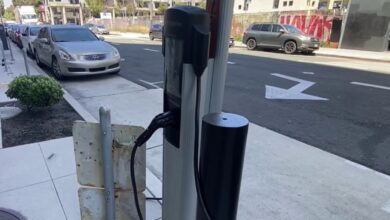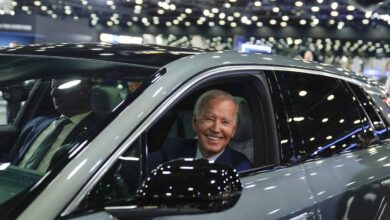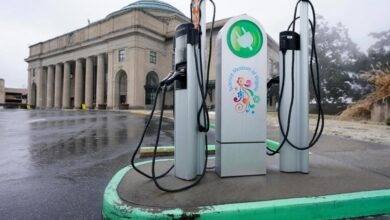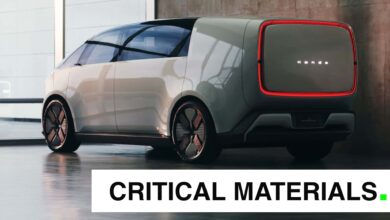Elon Musk publicly dumped California for Texas—now Golden State customers are getting revenge, dumping Tesla in droves
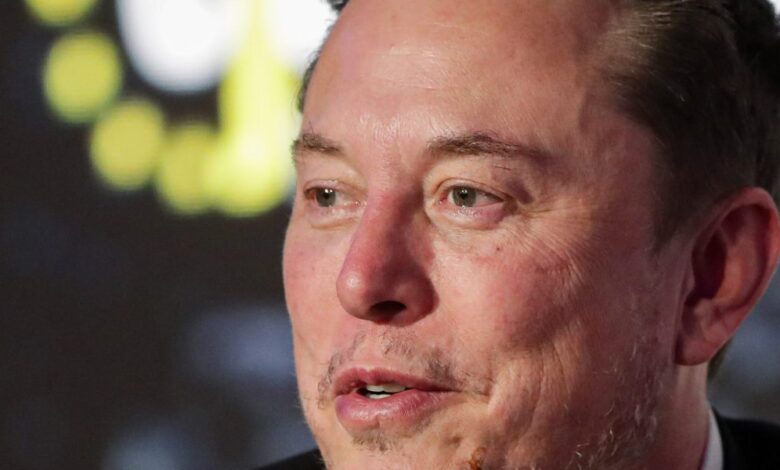
In California, where there are Teslas as far as the eye can see and rapid charging stations aplenty, new drivers are opting out of the $605 billion Elon Musk–led car universe.
Among the top three passenger cars sold in California in the first quarter this year, Elon Musk’s Tesla Model 3 dropped from first place to third, behind the Toyota Camry and the Honda Civic, according to the California New Car Dealers Association’s first quarter auto outlook on Monday. Toyota was the top brand in California this quarter, notching a 9.3% increase in registrations, followed by Honda, which marked an 18.6% rise so far this year. Tesla registrations have dropped in California year to date, with a 7.8% drop in the first quarter, following a 9.8% drop in the last quarter of 2023.
California makes up 32.5% of registrations of battery electric vehicles in the U.S., and the sluggish popularity of Tesla among new-car registrants comes at a particularly vulnerable time for Tesla as a company and for its CEO. Musk is facing significant pressure from investors who want to see him adopt the norms of a more traditional CEO, step back from his grandiose social media presence, and provide a more concrete timeline for producing an affordably priced Tesla. The company reported last week that revenues dropped 9%, which was its largest drop since 2012, while net income dropped a whopping 55% in the first quarter. Three of its top executives, including well-known insider Drew Baglino, resigned in the space of two weeks, which further rattled investors.
“Californians’ love affair with electric vehicle giant Tesla may have peaked,” the CNCDA said in a statement Monday. The group tracks trends in California’s new-vehicle market, using data from Experian Automotive. The CNCDA represents California-based franchised new car and truck dealers.
“The numbers don’t lie,” said Brian Maas, president of the CNCDA. “They indicate that the incredible growth that Tesla had for years has now stopped or certainly slowed in the most recent report.”
The market share for battery electric vehicles fell from 21.5% in 2023, to 20.9% in the first quarter, the group found. The slowdown in sales is hard to parse, said Maas, but it could be due to the price of Teslas relative to other vehicles, issues with charging infrastructure, or that buyers who wanted to own a Tesla have already purchased the car.
“Appealing to the mass market is a challenge Tesla faces,” said Maas. “Other dealers have a broader array of very competitive vehicles, so Tesla doesn’t have the EV space largely to their own like they did a few years ago.”
Another factor that could be contributing to the slowdown in Tesla sales is Musk himself. According to Reuters, market-intelligence firm Caliber found consumer interest in Tesla had declined from 70% in November 2021 to just 31% in February 2024, due in part to Musk’s apparent acceptance of right-wing conspiracy theories and other polarizing political views. In California, where 47% of registered voters are Democrats compared to 24% who are Republicans, Musk’s antics may be particularly unappealing.
To be sure, this is only an early indicator that Tesla’s popularity is on the decline. Tesla is still the top seller of electric vehicles in California with the Model Y, Model 3, and Model X ahead of the Chevy Bolt and the Volkswagen ID.4, but first-quarter battery electric vehicle market share dropped 6.4%. Mercedes and BMW had the largest gains of sales among battery electric vehicles in the first quarter, with Mercedes rising 3% and BMW 2.4%.
